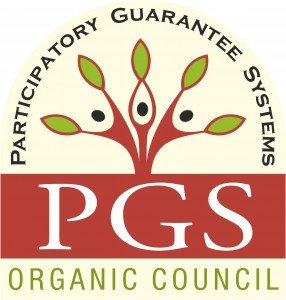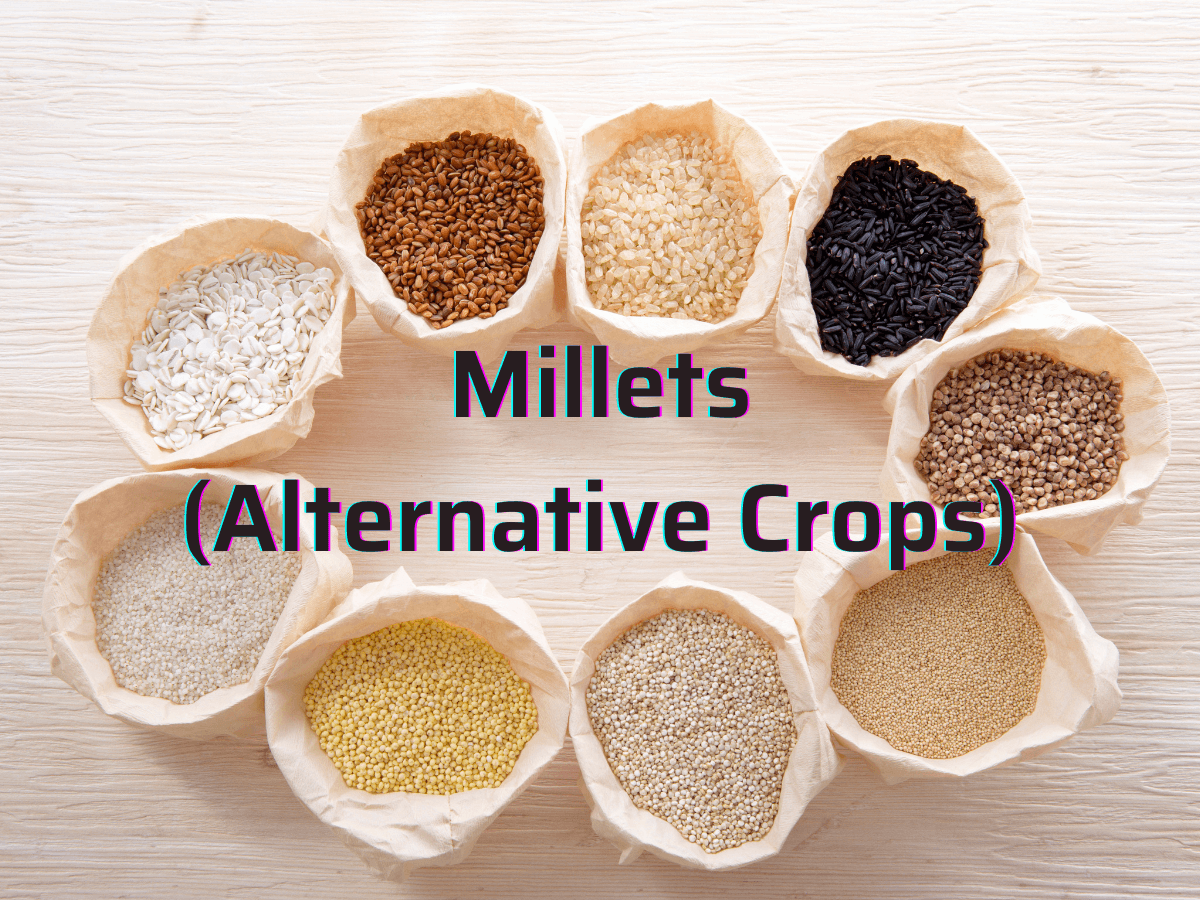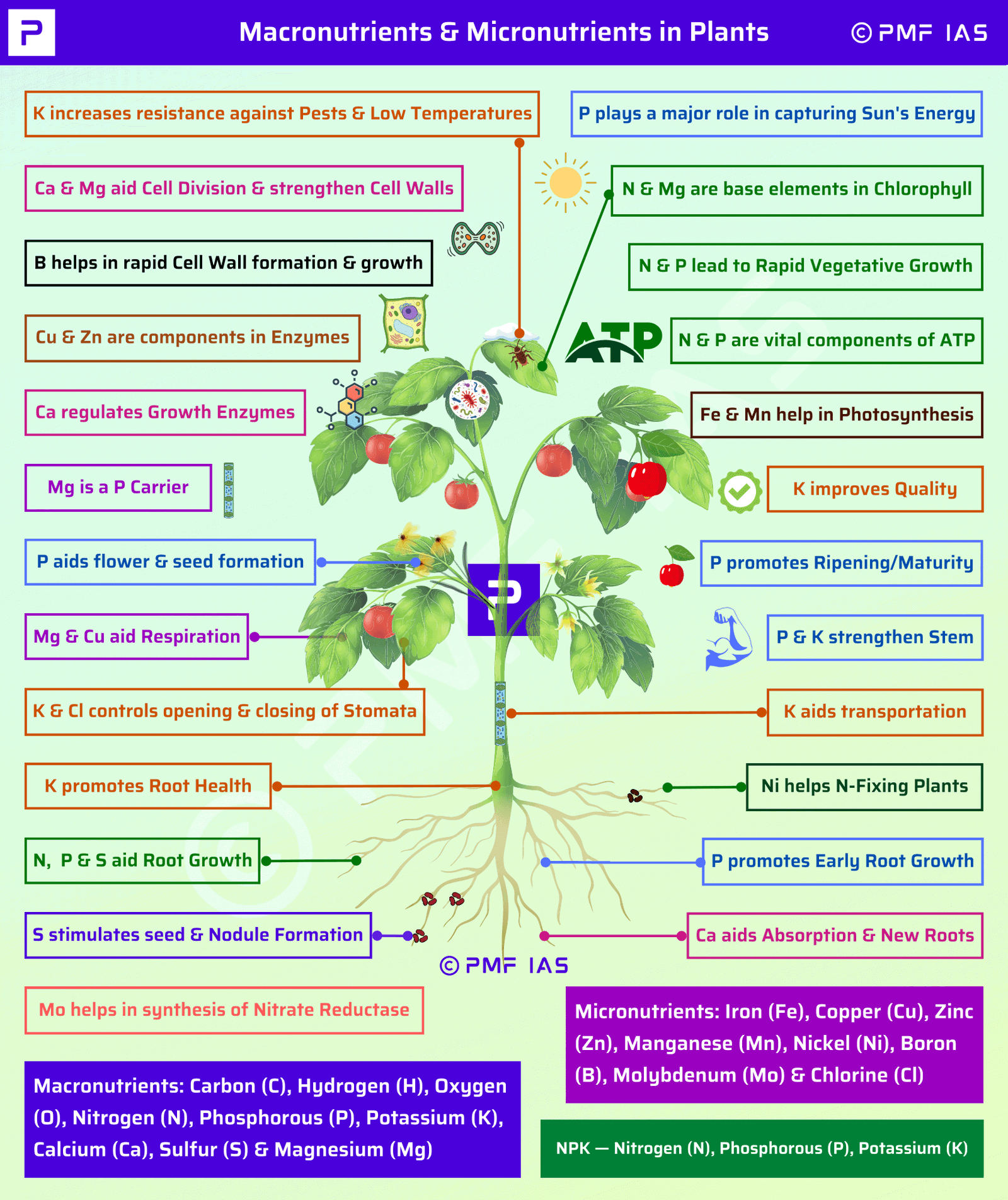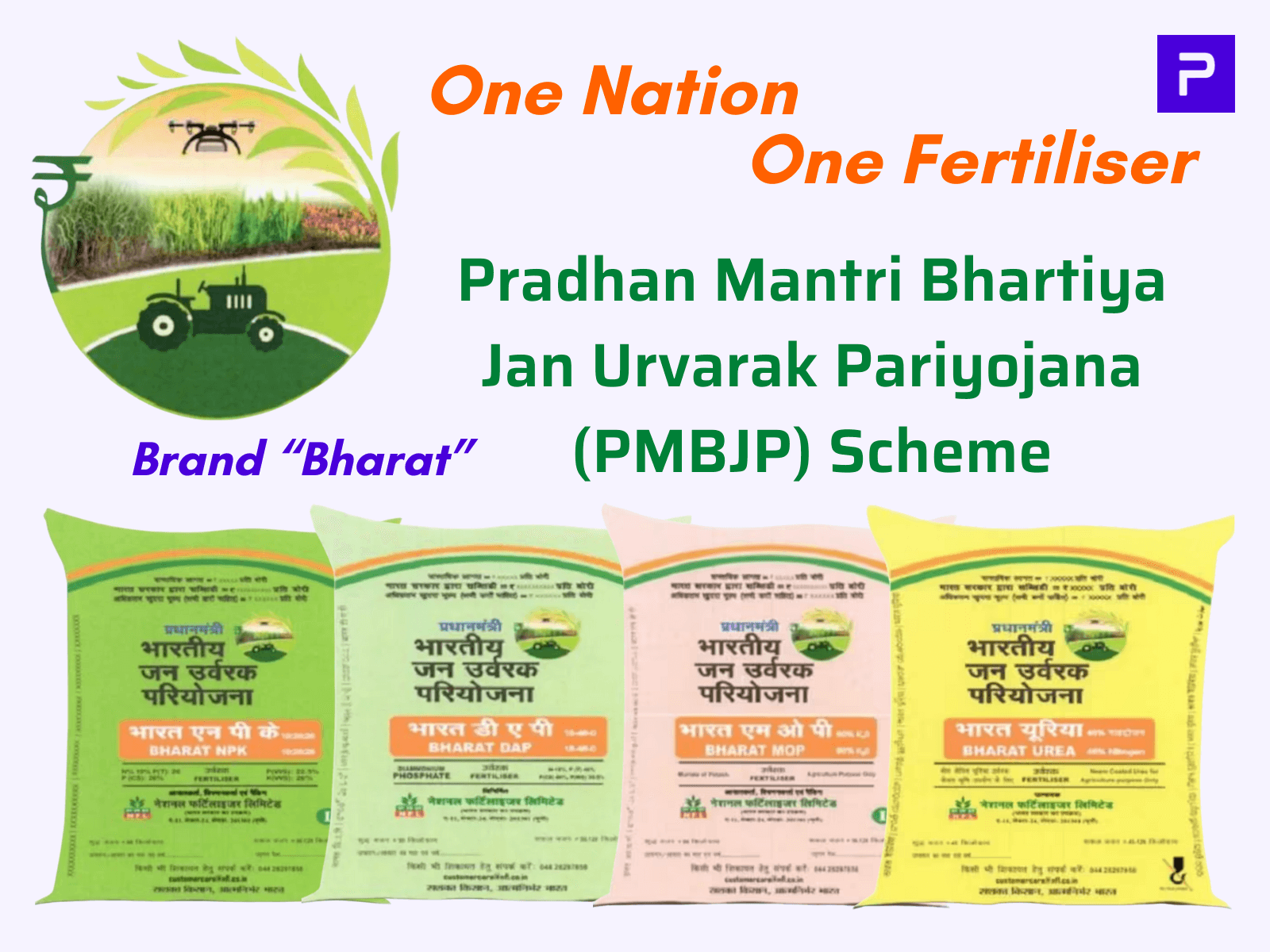
Steps Taken to Boost Agri Exports: APEDA, MPEDA, Export Policy
Subscribe to Never Miss an Important Update! Assured Discounts on New Products!
Must Join PMF IAS Telegram Channel & PMF IAS History Telegram Channel
- India broke into the top 10 list of agricultural produce exporters in 2019 with a sizeable share in the export of rice, basmati, cotton, sugar, castor oil, soya beans and meat, according to WTO’s World Agricultural Trade In The Past 25 Years report.
- India’s arable land area is 159.6 million hectares (according to the 9th Agriculture Census 2010-11), only next to the United States. Its gross irrigated crop area of 82.6 mha is the largest in the world. However, its total agricultural exports account for just over 2.15% of the world’s agricultural trade.
Steps Taken by Government to Boost Agri Exports
Agricultural and Processed Food Products Export Authority (APEDA)
- APEDA is a statutory body under the Ministry of Commerce and Industry. It was established under the Agricultural and Processed Food Products Export Development Authority Act, 1985. It is the apex body for agricultural export promotion in India.
- Functions of APEDA:
- Development of industries relating to the scheduled products for export
- Registration of persons as exporters of the scheduled products
- Fixing standards and specifications for the scheduled products for exports
- Carrying out inspection of meat and meat products in slaughterhouses, processing plants, storage premises, conveyances, or other places where such products are kept or handled
- Improving packaging of the Scheduled products
- Improving marketing of the Scheduled products outside India
- Scheduled products include fruits, vegetables, meat, dairy products, alcoholic and non-alcoholic beverages, etc. In addition, APEDA has been entrusted with monitoring sugar imports.
Marine Products Exports Development Authority (MPEDA)
- MPEDA is a statutory body under the Ministry of Commerce and Industry. It was established under the Marine Products Export Development Authority Act, 1972. It is the apex body for fish and fishery products export promotion in India.
National Centre for Sustainable Aquaculture (NaCSA)
- National Centre for Sustainable Aquaculture (NaCSA) is an extension arm of MPEDA. The objectives of NaCSA are to encourage and uplift the small and marginal farmers through the organisation of clusters and maintaining Best Management Practices in shrimp culture.
- The advantage of the cluster approach is that it enables participating farmers to organise the schedule of farm operations, quality seed procurement, etc., contributing to a substantial cost reduction.
- NaCSA’s eSanta portal is an electronic market that helps aqua farmers and buyers to interact directly.
- MPEDA functions under the Ministry of Commerce (not the Ministry of Fisheries)
- APEDA functions under the Ministry of Commerce (not under the Ministry of Agriculture)
Shaphari Scheme
- MPEDA has developed a certification scheme for aquaculture products called Shaphari (meaning superior quality in Sanskrit). It is based on FAO technical guidelines on aquaculture certification. It will have two components:
- Certification of Hatcheries for the quality of seeds (will help farmers easily identify good quality seed producers)
- Approving shrimp farms
Agriculture Export Policy, 2018
- To provide an impetus to agricultural exports, GOI has come out with Agriculture Export Policy, 2018. The policy is aimed at doubling agricultural exports and integrating Indian farmers and agricultural products with the global value chains.
- The new agriculture export policy bridges the gap between the Ministry of Commerce and the Ministry of Agriculture. An integrated approach by the two ministries is expected to boost agriculture production and trade.
- Agri Export Policy suggests developing product-specific clusters in the country with the involvement of Farm Producer Organizations (FPOs). The policy also aims at addressing the obstacles faced by FPOs through an organisation like Small Farmers Agribusiness Consortium (SFAC).
- FPOs help smallholders to reduce the cost of produce by procuring necessary inputs in bulk at wholesale rates, aggregating produce and bulk transport, reducing marketing costs, etc.
Foreign Trade Policy
Transport and Marketing Assistance (TMA) for Specified Agriculture Products
- Ministry of Commerce & Industry has notified TMA for Specified Agriculture Products.
- Under the TMA scheme, the government will reimburse a particular portion of freight charges and assist with the marketing of agricultural produce to boost exports of certain commodities.
- All exporters duly registered with the relevant Export Promotion Council for eligible agriculture products shall be covered under this scheme. Assistance would be provided through a direct bank transfer.
Merchandise Exports from India Scheme (MEIS) Scheme
- It is a scheme designed to reward exporters for offsetting infrastructural inefficiencies and associated costs. The objective is to promote the manufacture and export of notified goods/products.
- In addition, assistance to the exporters of agricultural products is also available under the Export Promotion Schemes of APEDA, MPEDA, Tobacco Board, Tea Board, Coffee Board, Rubber Board & Spices Board.













